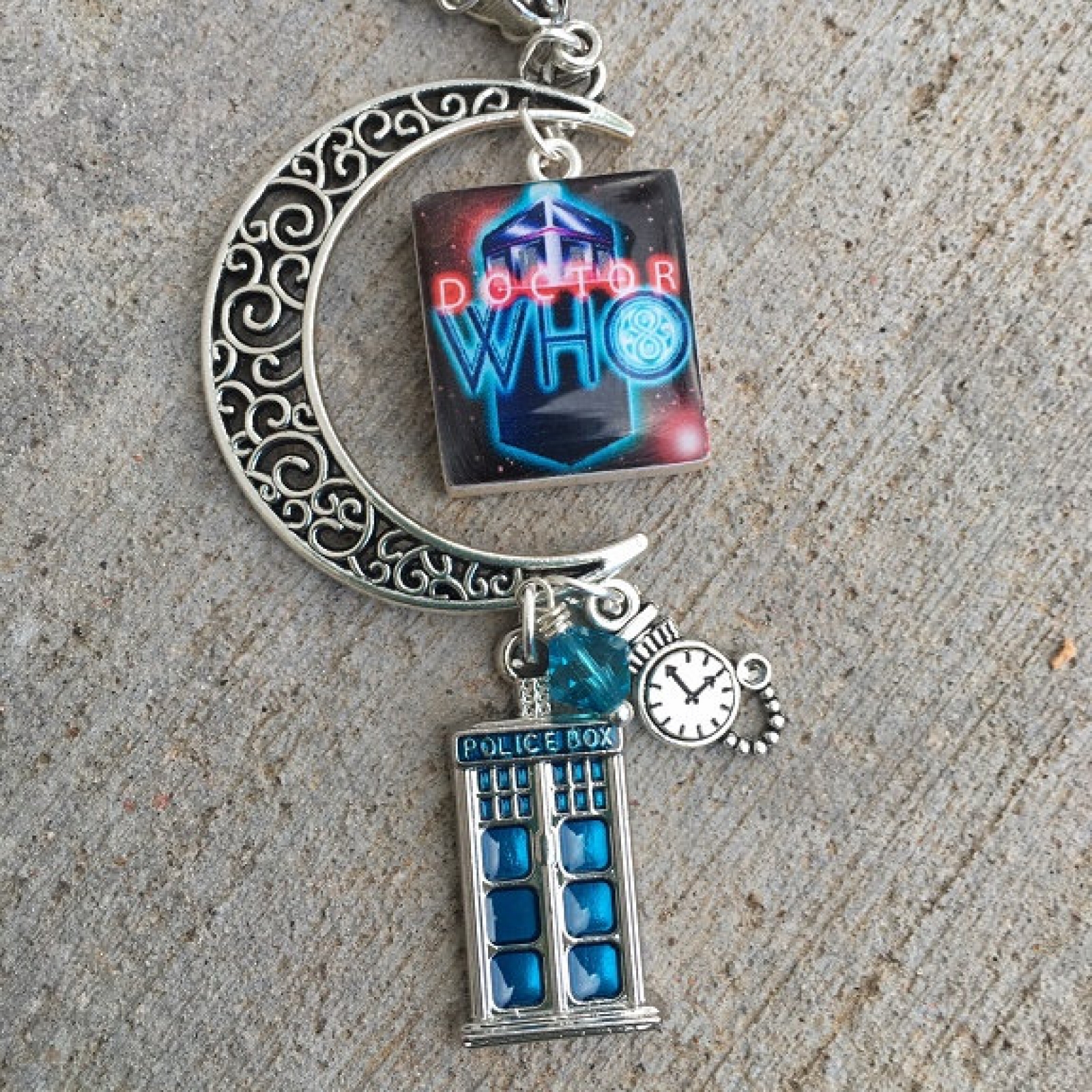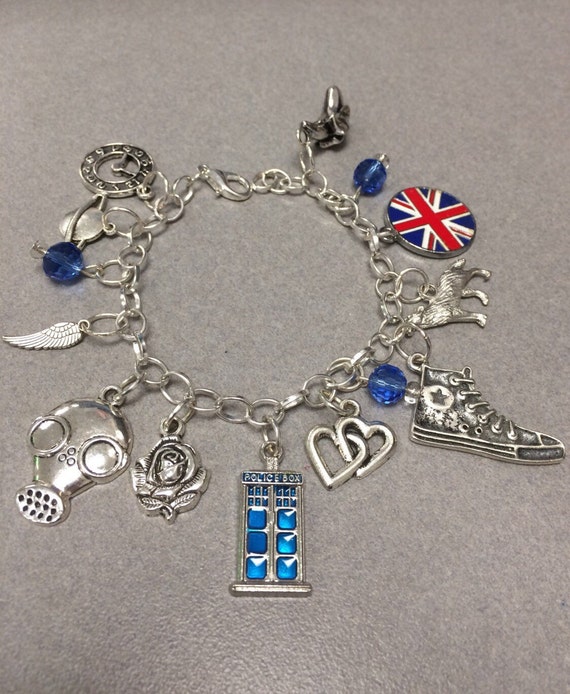
It's hard not to feel like that's a parable for women in 2018. Whittaker's Doctor is questioning - "what kind of creature would do this why here, why now" - and apologetic - "I'm sorry you had to see this I'm sorry I haven't figured out what's going on yet." She's reassuring, but she's also trying to figure out who she is - learning to trust new instincts and impulses. Under showrunner Chris Chibnall, it all feels less convoluted and more. Whittaker is great, and the performers around her each get their moment to shine. But, the thing that most heralds it as something that's been made this century is the diversity - of gender, of ethnicity, of ability. We're very clearly in 2018 - Ryan is a YouTuber, there's a GoPro as part of the action, even WhatsApp gets a mention.


No, not troops, team," the Doctor says, possibly giving a hint as to how much those characters Ryan Sinclair (Tosin Cole), Yasmin Khan (Mandip Gill) and Graham O'Brien (Bradley Walsh) may be given to do in this series, but also to the inclusivity of this new incarnation. The score amps up the menace, even as Jodie Whittaker's Doctor - who you get the sense is definitely going to be wearing sensible shoes, just as soon as she finds her Tardis - takes a 'just the facts ma'am' approach. That said, it feels a bit like we've gone back in time - as far at least as pre-Stephen Moffat. It's sometimes hard to believe Doctor Who started as something the kids could watch. A properly grotesque alien monster appears in the second act too. No dinosaurs vomiting up a Tardis here.Īs well as proper special, it's also proper scary, as unsuspecting soon-to-be supporting characters wander around in the dark, chased by something unseen, all flickering lights and flowing alien tentacles. It's a more gentle introduction than most, with none of the frenzy of Peter Capaldi's introduction to the series.

The Woman Who Fell to Earth opens with a description: "smart, funny, caring.


 0 kommentar(er)
0 kommentar(er)
